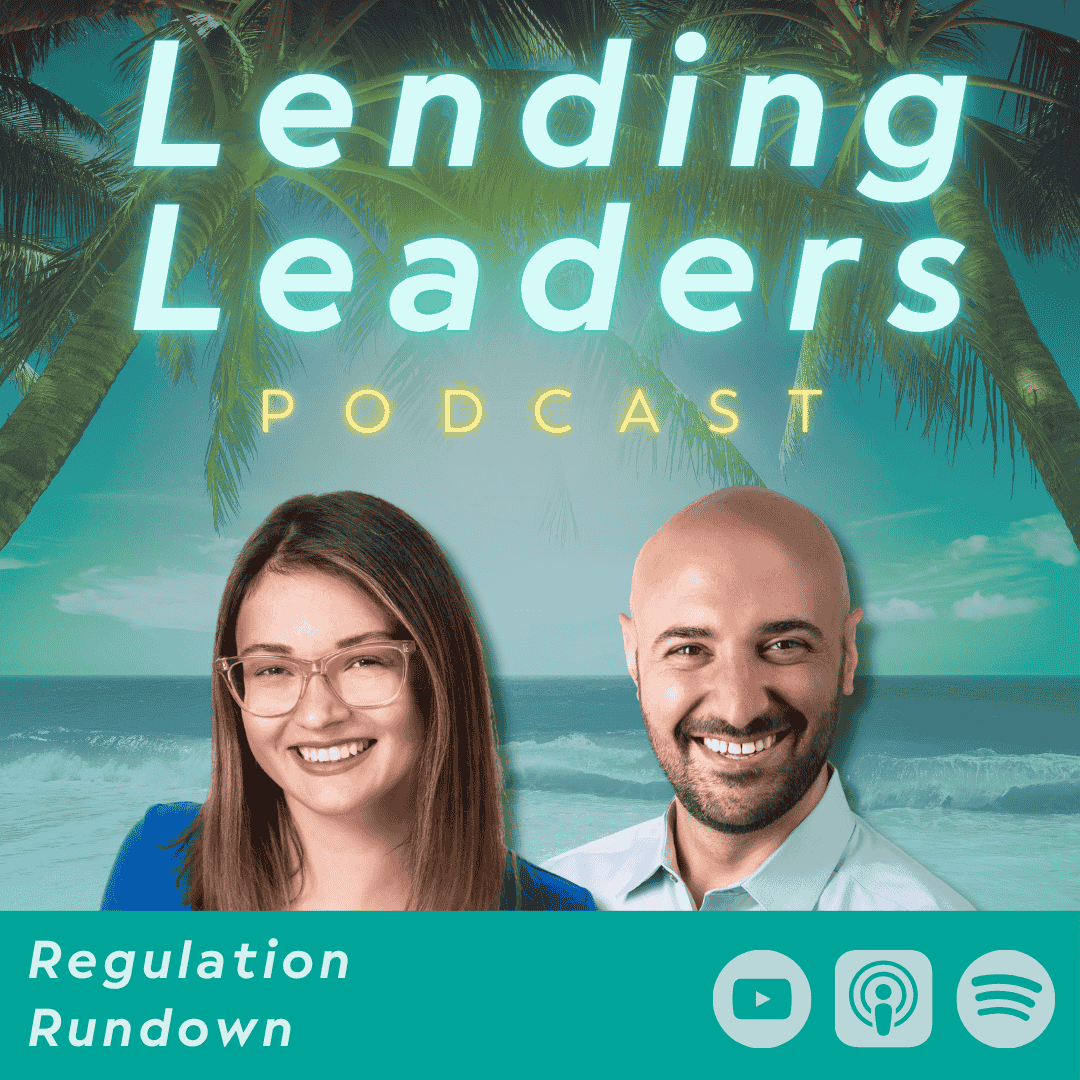

This week we’re kicking off the third season of LodeStar’s Lending Leaders! And what better way could there be than to dredge up so of our not-so-proudest moments in business? Alayna sits down with LodeStar co-founders Jim and Dave to take a hilarious, awkward, and perhaps slightly painful walk down memory lane…
What was your first ever big mistake?
Dave cites business model itself. He and Jim had no idea how to price the product. All their leads and clients had their own database, so nothing was standardized.
Jim once presented to a room full of 30 people in Connecticut for an hour, which he should have known was useless. Connecticut is an attorney state, and LodeStar still doesn’t have a single client there.
LodeStar didn’t sign its first client for 9 months.
Expectations: Optimism vs Realism
Beyond failing to clarify the business itself, Jim believed in the early days that growth would be easy and fast. He bought an apartment in NYC and quit his job way before it made financial sense to do so. Dave thought he was crazy. Jim is an optimist, Dave a realist. (They like to prove each other wrong.)
When Jim and Dave started to build a team, they didn’t have the right expectations for employees and growth. They didn’t provide hires with specific-enough job tasks early on. A lack of clarity (shout out to one of our core values) made it hard to find and empower the right people.
LodeStar’s first salesperson told Jim he didn’t want to sell calculators! He wanted to sell a vision, etc. etc. Jim should have told him to get the hell out of here, but there are some things only experience can teach.
What is the your most expensive mistake?
On the subject of building a team, it’s often said that hiring and firing is the most expensive business mistake you can make. What other mistakes have been very expensive?
Jim and Dave agree that the time they wasted in the first year or year and half far surpasses any dollar amount they wasted. They were rudderless in those early days and squandered a lot of time and investment for lack of clear goals.
If they had known what they were doing back then, they would be years ahead of where they are now. Forget the tens or hundreds of thousands of dollars. The difference in experience would have made millions.
(Dave humbly submits: if you’re thinking about starting a company or investing in one, think twice before you give 25-year-olds money…)
Let’s talk about 2020
Jim and Dave both cite 2020 as their most difficult year, professionally and personally.
In March of 2020, Dave welcomed his first child. He finished his workday on a Friday and left on paternity leave. On Saturday, his daughter Tessa was born. On Monday morning, he and his family came home from the hospital. That same morning, Dave got call from Jim: “The servers are down, everything’s broken, please help!” Turns out Jim had accidentally deleted half the database. Days into paternity leave, Dave had to come in and restore the database from backups.
And that episode seems all too typical of the year Jim, Dave, and LodeStar had. In 2020, Dave was working 80–90 hour weeks. Whenever the baby was sleeping, he was working, which meant he was barely sleeping.
And yet…
Before the pandemic, LodeStar had 3 employees. The company has more than quadrupled is employees since. Despite the year’s insane stress, 2020 wound up being immensely lucrative and expansive for LodeStar.
But no sooner had LodeStar grown incredibly quickly than Jim and Dave made the mistake of believing they had finally made it and that things would keep growing at that rate. They got high on the growth and started straying from core competency.
Also, growing from a 3- to a 13-person company introduced a whole new learning curve: management. Managing people isn’t easy, and it’s yet another skill that demands experience.
This is where accountability and input come in. In the early days of LodeStar, neither Jim nor Dave sought out any mentors, accountability, or input from other entrepreneurs. Learning from the successes and failures of others can save you lots of time and grief.
The Value of Mistakes
Mistakes are a part of business. Fail fast. Try to learn from mistakes and don’t repeat them. Reflect, learn, go forward.
The hardest part about learning from mistakes for Dave is that every mistake is different. Some business ideas are plain bad, right? But some ideas go south because there are a few bugs with a fundamentally good ideas. You have to ask, “Was I wrong because the product isn’t good, or because I’m trying to sell a good product to the wrong person?” It can be hard to know what lesson you’re supposed to learn from a given mistake.
Thanks so much for tuning in to LodeStar Lending Leaders! To listen to this and other episodes, check out our YouTube channel. Please consider subscribing! It helps us out a lot. You can also find us on Anchor.

